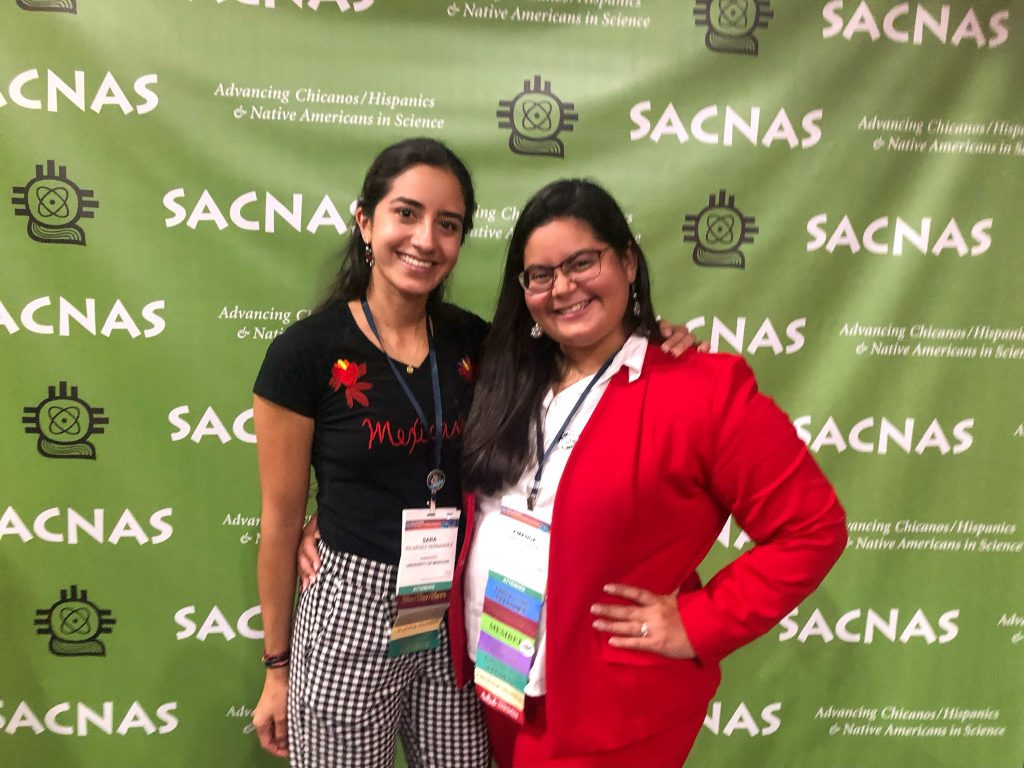
Mizzou SACNAS: creating opportunities for mentorship in STEM
Want to become part of a national community of researchers interested in increasing diversity in STEM? Consider the Mizzou chapter of the Society for the Advancement of Chicanos/Hispanics and Native Americans in Science (SACNAS).
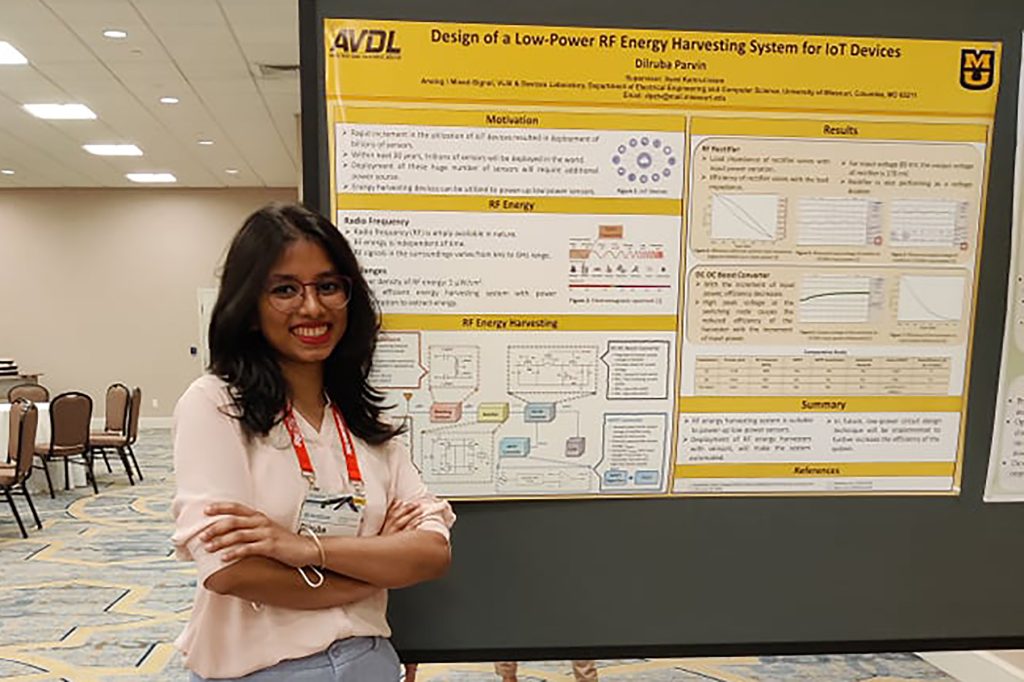
iREDEFINE Workshop helps prepare Parvin for career in academia
Dilruba Parvin is more prepared for a career in academia thanks to insights from the nation’s top engineering chairs. Parvin, a fourth-year PhD student studying electrical and computer engineering, recently attended the iREDEFINE Workshop, part of the 2022 ECEDHA Annual Conference in New Orleans.
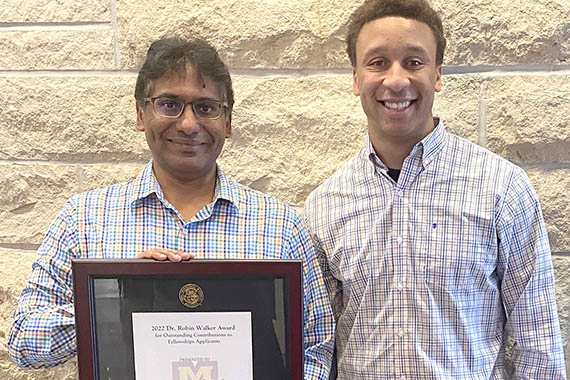
Calyam receives inaugural Robin Walker Award for Graduate Student Mentoring
Associate Professor Prasad Calyam helped Roland Oruche, a PhD student in computer science, successfully apply for a National Science Foundation Graduate Research Fellowship (GRF) in 2021.
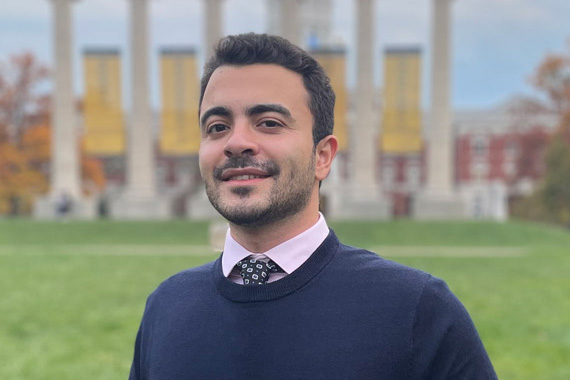
CEE’s Shoman wins Intelligent Transportation System research competition
Civil and environmental engineering doctoral student Maged Shoman won the research poster competition at the Intelligent Transportation Society (ITS) Heartland annual meeting in November 2021. His poster, “Evaluation of Connected Vehicles Data for Congestion & Incident Detection,” highlighted how this pilot project used data from…
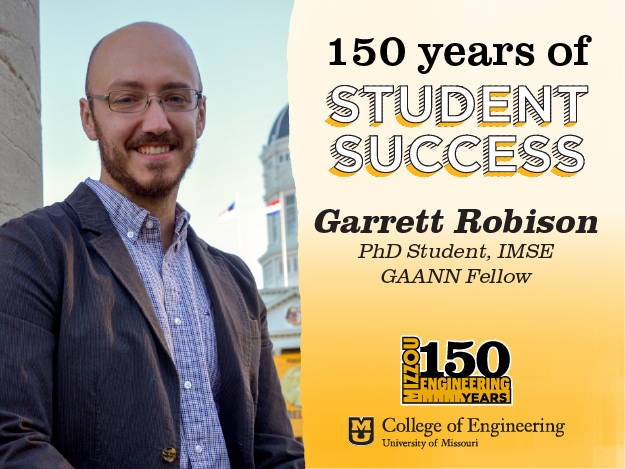
IMSE GAANN Testimonial
Learn more about IMSE GAANN Fellow Garrett Robison and his research at Mizzou Engineering.
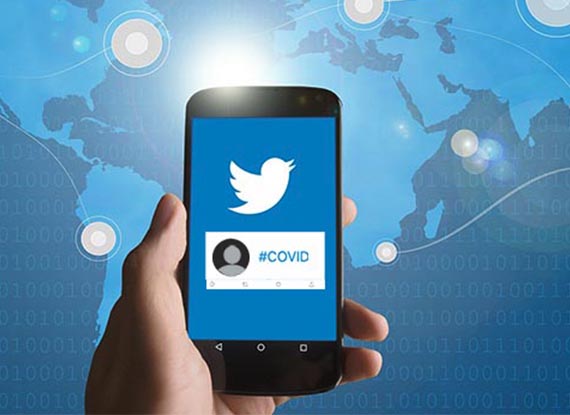
Mizzou Engineers Using Twitter to Track COVID-19
Mizzou Engineers are taking to Twitter to track COVID-19 and analyze the virus's impact on individual health. Yijie Ren, Jiacheng Xie and Lei Jiang are using Twitter’s built-in programming interface to search tweets for key phrases such as “I tested positive.” From there, they’re delving deeper into the Twitter user’s account to log symptoms and recovery experiences.
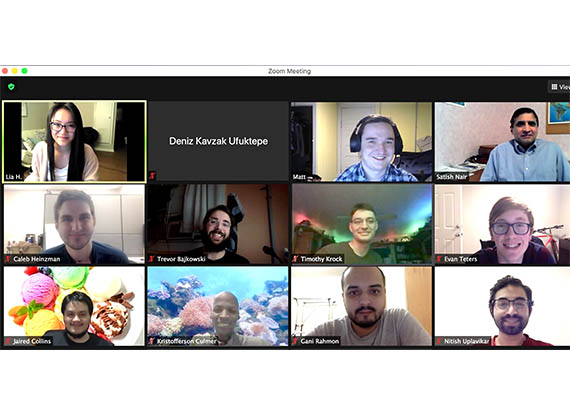
Professor Shares Insights into Neural Engineering
A highly renowned researcher took a few minutes out of his busy schedule this week to address graduate students in the Electrical Engineering and Computer Science Department. Satish S Nair is an EECS professor, director of the Neural Engineering Lab and one of the first researchers to begin using engineering principles to better understand the…
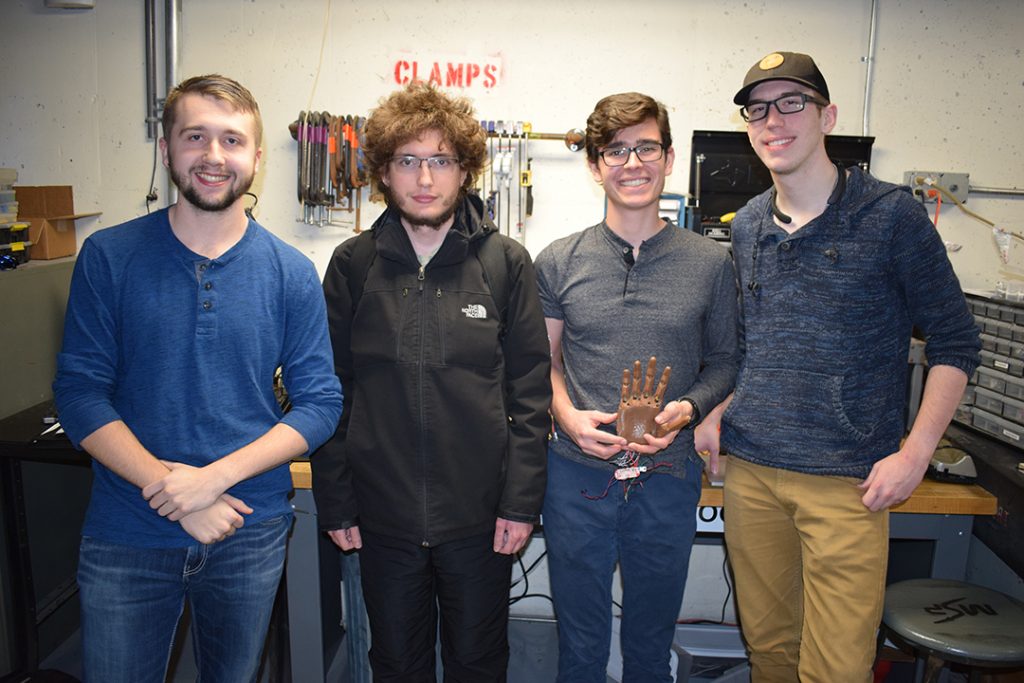
3D Printers in Service to Others
A Mizzou student organization based in the College of Engineering recently has completed a pair of projects designed to help others. The 3D Printing Club (3DPC), which is open to any current student or employee of the university, had planned to ship a prototype of a prosthetic hand to a charity in India and did install a tactile map of the northwest section of campus in front of the south entrance to Jesse Hall in December.